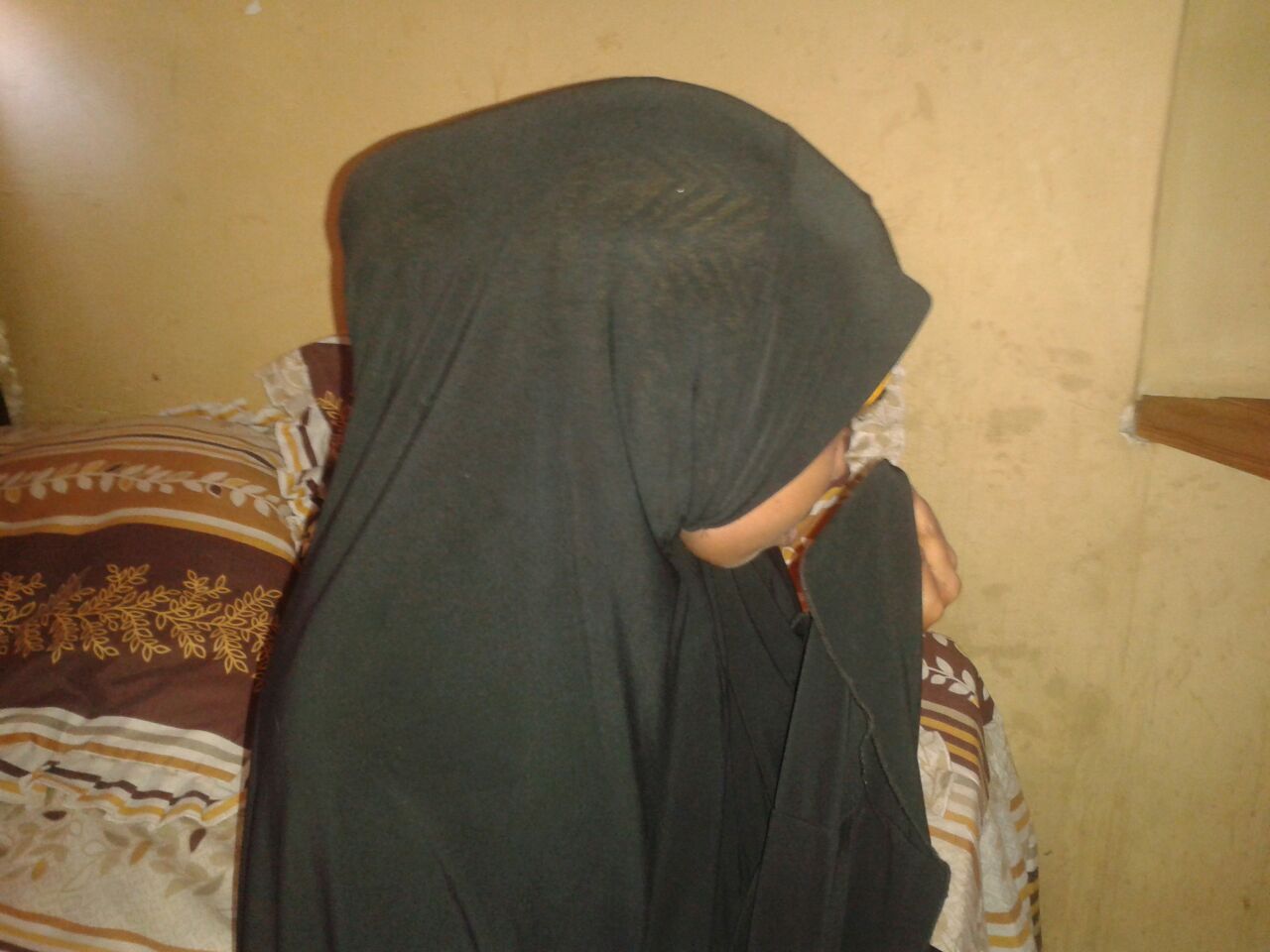Fighting for her life after fleeing her home country, Somalia born Halima Ahmed faces an uphill battle in getting medical treatment in Cape Town. 20 year old Halima has been diagnosed with stage four chronic kidney disease. After doctors in Somalia told her she was dying and there was nothing they could do, Halima came to Cape Town, with some hope that she could survive.
But doctors at Victoria Hospital said they could not assist her, as the South African law does not allow for solid organ transplantation of non-South African citizens. She was told the public and private health sector will not be able to facilitate a transplant for her and the cost of the much needed dialysis would have to be paid for by the family.
Speaking to VOC News at her Wynberg home, Halima said she was disappointed in the way health authorities have treated her. Halima is bedridden as the pain has become unbearable. She said it has become a burden for her to use the bathroom and often times it feels as if her kidneys are banging against each other. In rudimentary English, Halima said she only wishes to be normal again and to be granted any kind of assistance. She has accepted the fact that she is not eligible in terms of South African aw for a transplant but would do anything to get medication to ease the pain.
The Western Cape Department of Health said it has a national policy on renal dialysis whereby potential renal dialysis cases are evaluated. The South African Dialysis and Transplant Registry estimates that about 21 000 South Africans are currently experiencing kidney failure. Of that figure only 5 000 patients receive treatment, leaving more than 15 000 without treatment. There are two types of treatment available to patients with kidney failure -kidney transplants or dialysis, which alleviates the condition.
The department’s spokesperson Sithembiso Magubane said each facility has a priority-setting review procedure whereby cases are reviewed according to this standard policy.
“The policy attempts to identify the cases where the limited resources available for this treatment can do most good, therefore we have a utilitarian approach. In the case of official documented foreign national patients, they are given the same treatment as local RSA citizens. Therefore the same rules would apply to them in terms of dialysis treatment,” said Magubane.
In the case of accessing public health services in the Western Cape, it does not matter whether you are a privately paying patient or not, as the same procedure applies.
Furthermore, a technical committee will review the case and assess whether a patient receives renal replacement therapy and whether the patient is a suitable transplant candidate. Eventually all dialysis patients should be transplant candidates.
When funding the treatment of renal failure, there are numerous costs to take into consideration which include physicians, medication, dialysis, transplant costs and laboratory costs.
Braam Hanekom, the director for refugee advocacy group, Passop, said that while it is a human right to be given basic healthcare, it does not mean that anyone could come into South Africa and demand help.
“While we acknowledge that some medical processes are extremely expensive and other are complicated and difficult, it must be equally acknowledged that one’s income and economic standing must not be the ability to live,” he said.
According to the Organ Donor Foundation, at least 10 people suffering from end-stage renal failure are sent home to die because of a shortage of space on dialysis machines. The machines, however, are interim measures until transplants are performed. Each machine costs R100 000 and treatment for a single patient costs another R100 000 a year.
In the meantime, the family has acquired the support from two businesses, yet the family is still struggling to get the necessary information on what it will cost. The family has also gained the help of a pro bono attorney who is looking at the legalities of the government’s transplant policies. VOC (Imogen Vollenhoven)






 WhatsApp us
WhatsApp us 

